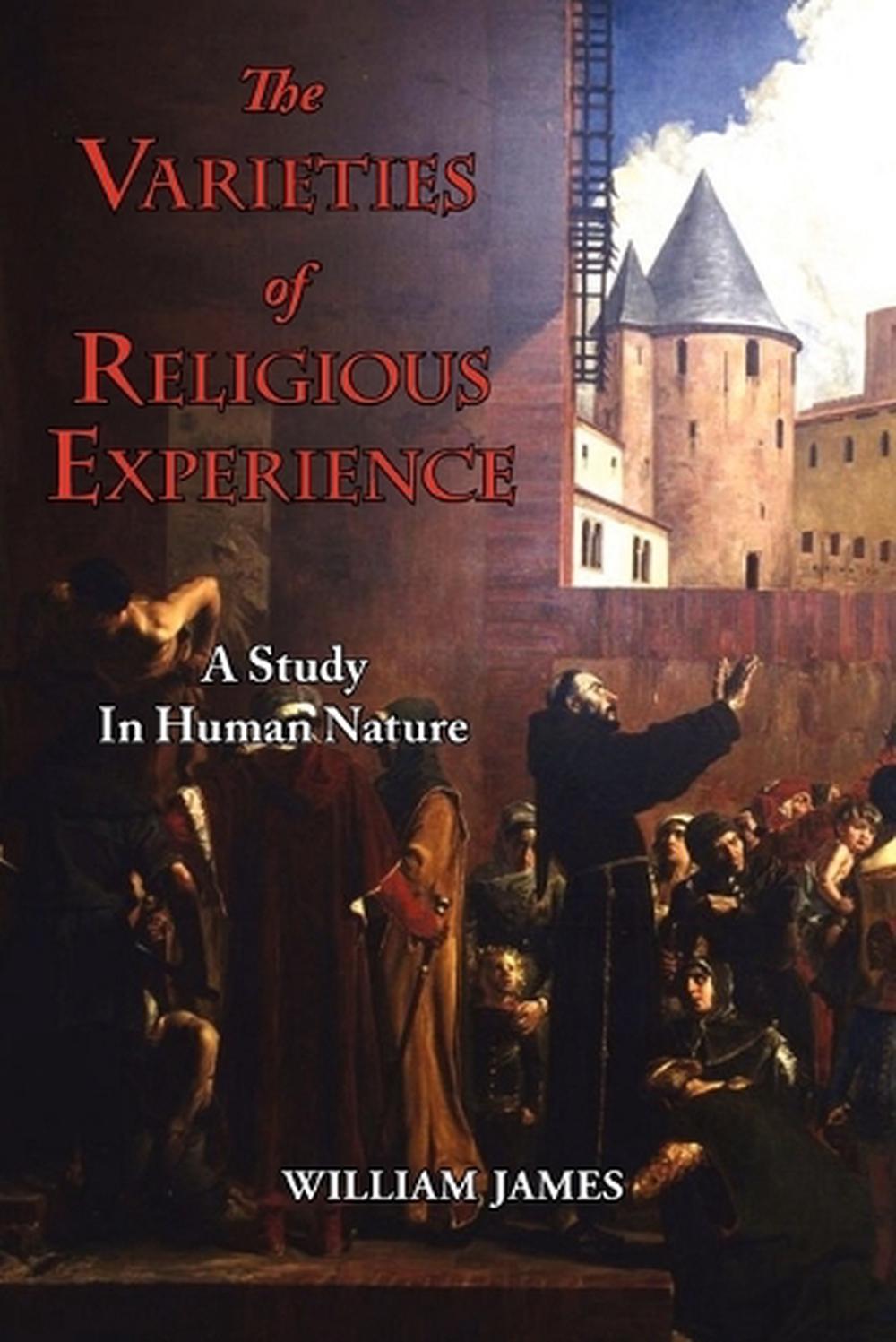

It’s a cliché for people unswayed by religion to still believe in William James, to allow him access to their souls because of the way he sneaks in through their brains. I began to verbally annotate everyday life to friends by referring to things he had done or said, with the same frequency with which I had once (no less annoyingly, I’m sure) called on scenes from “The Simpsons.” He was a Swiss Army knife of psychological and emotional insight. I immediately read more work by and about James.


When I picked up “The Varieties of Religious Experience,” an edited version of 20 lectures that James delivered in Edinburgh in 19, I wasn’t expecting it to be a profound balm, but that’s what it was. Yet I can’t help feeling that I was saved, for a while, by William James.Ībout 10 years ago I was hurting not from a broken heart so much as an exhausted one, having spent several of the previous years caring about people whose own hearts and minds were in states of distress. I’ve devoted a significant chunk of this one life I have to reading, though I really don’t believe that books offer any greater chance of salvation than, say, windsurfing.


 0 kommentar(er)
0 kommentar(er)
